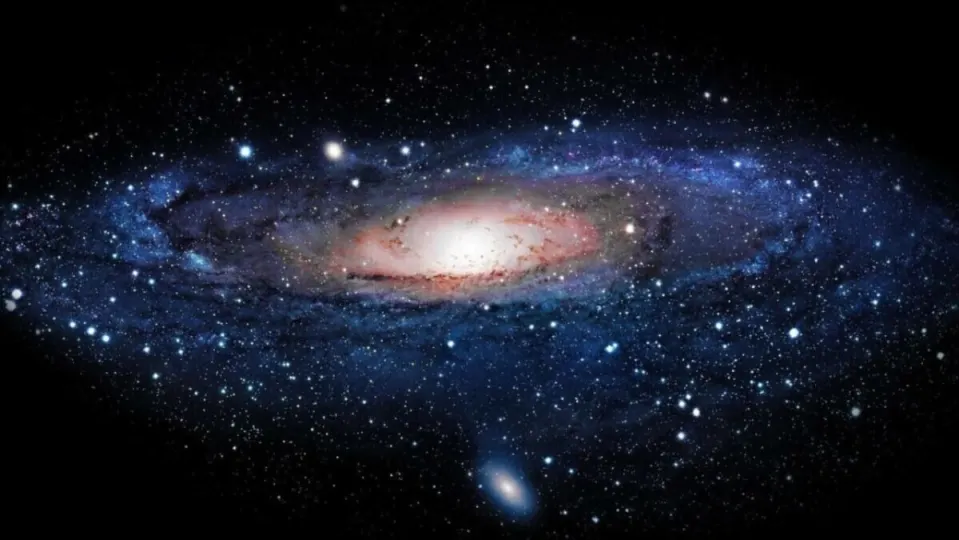Science has done it again, folks. Some researchers have proposed a new law that would apply to the evolution of life as well as minerals, planets, stars, and practically everything else in the universe.
This new law of evolution would identify “universal selection concepts” that drive systems to evolve, whether they are living or not, and addresses the tendency of natural systems in the universe to become more complex over time.
The research team behind the proposed law, which includes philosophers, astrobiologists, a theoretical physicist, a mineralogist, and a data scientist, have called it the “law of increasing functional information.”
“It has been a true collaboration between scientists and philosophers to address one of the deepest mysteries of the cosmos: why do complex systems, including life, evolve towards greater functional information over time?” said co-author of the study Jonathan Lunine, professor of physical sciences at Cornell University, in a statement.
Lunine and his colleagues described their new law in a study published on October 16th in the journal PNAS. Scientific laws are descriptions of observed phenomena that do not explain why these phenomena exist or what causes them, but they advance our scientific knowledge and provide a platform for future research.

Expanding on Darwin’s theory of evolution, researchers assert that non-living systems also evolve when a novel configuration of components yields results and enhances function.
The new law states that “the functional information of a system will increase (that is, the system will evolve) if many different configurations of the system undergo selection for one or more functions,” the researchers wrote in the study.
This applies to systems formed from numerous components, such as atoms, molecules, and cells, which can be arranged and rearranged repeatedly, adopting multiple different configurations. The law also states that these configurations are selected based on function, and only a few survive.
The scientific community is reacting to this new and surprising law. Commenting on a statement from the Carnegie Science Earth and Planets Laboratory in Washington, D.C., theoretical biologist Stuart Kauffman, professor emeritus of biochemistry and biophysics at the University of Pennsylvania, said the study is an “excellent, bold, comprehensive, and transformative paper.”
Furthermore, Milan Cirkovic, a professor and researcher at the Astronomical Observatory of Belgrade, described the study as “a breath of fresh air blowing over the challenging terrain in the intersection of astrobiology, systems science, and evolutionary theory.”


